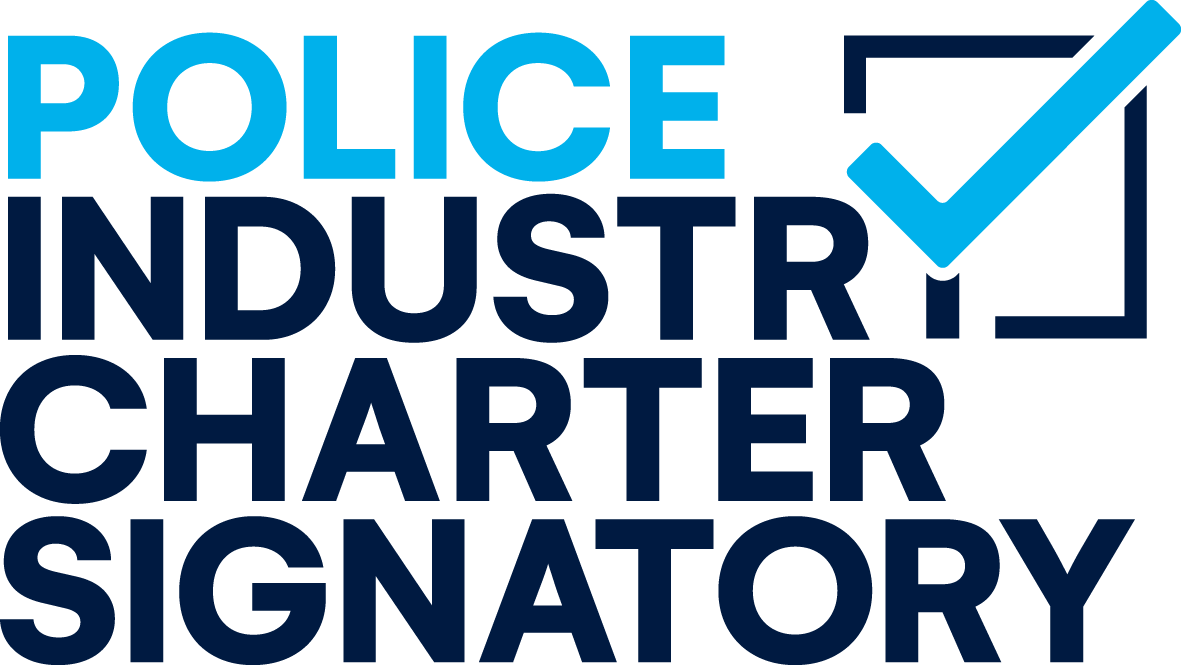
Soft Skills Every Manager Needs to Succeed
Welcome to the world of soft skills, the secret ingredients that transform good managers into great leaders. These skills help managers connect with their teams, resolve conflicts, adapt to changes, and make informed decisions.
Soft skills are the characteristics, interpersonal abilities, and emotional intelligence that enable people to effectively interact with others. Unlike technical skills, which are specific to a job, soft skills are applicable across various roles and industries. They include communication, empathy, conflict resolution, adaptability, and decision-making. These skills are essential for managers to lead teams effectively, encourage a positive work environment, and drive organisational success.
Join us as we explore the must-have soft skills every manager needs. Discover how you can develop these vital skills and become a leader for your team. Ready to dive in? Let’s get started!
Communication
Effective communication is the foundation of successful management. Managers need to convey ideas clearly, actively listen, and facilitate open dialogue within their teams. Poor communication can lead to misunderstandings, reduced employee engagement, and decreased productivity. According to a survey by LinkedIn, 90% of employees said they wouldn’t quit their job if the company invested in their career development, highlighting the importance of communication in promoting a learning culture.
How to Develop Communication Skills:
- Training Workshops: Interactive workshops can teach managers effective verbal and non-verbal communication techniques.
- Role-Playing Exercises: These exercises replicate real-life scenarios, allowing managers to practice and refine their communication strategies.
- Feedback: Encouraging regular feedback from your team can help managers identify areas for improvement.
Empathy
Empathy, the ability to understand and share the feelings of others, is crucial for building strong, trusting relationships within a team. Empathetic managers are better equipped to support their employees, leading to higher job satisfaction and retention. A study by the Centre for Creative Leadership found that empathy is positively correlated with job performance, with managers who show empathy performing significantly better in their roles.
How to Develop Empathy:
- Emotional Intelligence Training: Programmes focused on developing emotional intelligence can enhance a manager’s ability to empathise with their team members.
- Active Listening Techniques: Training managers to practice active listening can improve their understanding of employees’ perspectives and concerns.
- Team-Building Activities: These activities can build a sense of unity and understanding among team members.
Conflict Resolution
Conflict is inevitable in any workplace, but effective conflict resolution can prevent minor disagreements from escalating into major issues. Managers skilled in conflict resolution can resolve disputes, find common ground, and maintain a harmonious work environment. According to the University of Oklahoma, managers spend at least 25% of their time resolving conflicts, highlighting the importance of this skill.
How to Develop Conflict Resolution Skills:
- Mediation Training: Training programmes that focus on mediation techniques can equip managers with the skills to handle conflicts effectively.
- Problem-Solving Workshops: Workshops that teach problem-solving strategies can help managers address the root causes of conflicts.
- Communication Skills Enhancement: As communication is integral to conflict resolution, improving communication skills can also enhance a manager’s ability to resolve disputes.
Adaptability
With the pace of work and how things can change in a moment’s notice, adaptability is a key trait for managers. Adaptable managers can navigate change, embrace new ideas, and lead their teams through transitions smoothly. According to Forbes, adaptability is made up of two main components – flexibility and versatility.
How to Develop Adaptability:
- Change Management Training: Training in change management can help managers develop the skills needed to guide their teams through organisational changes.
- Exposure to Diverse Experiences: Encouraging managers to take on different roles or projects can enhance their ability to adapt to new situations.
- Mentorship and Coaching: Mentorship programmes can provide managers with guidance and support as they navigate changes in their professional environments.
Decision-Making
Effective decision-making is crucial for managers, as their choices can significantly impact the organisation. Managers need to be able to analyse information, weigh options, and make informed decisions that benefit their teams and the company. A study by McKinsey & Company found that only 20% of organisations excel at decision-making.
How to Develop Decision-Making Skills:
- Analytical Training: Training programmes that focus on data analysis and critical thinking can enhance a manager’s decision-making capabilities.
- Scenario Planning: Teaching managers to use scenario planning can help them anticipate potential outcomes and make better decisions.
- Decision-Making Frameworks: Introducing frameworks and tools for decision-making can provide managers with structured approaches to making choices.
Next Steps
Investing in the development of soft skills is crucial for modern managers. Communication, empathy, conflict resolution, adaptability, and decision-making are essential for effective leadership and organisational success.
As organisations continue to evolve, the emphasis on soft skills will only grow, making it necessary to prioritise these skills for teams and staff.
If you have found this article interesting and would like to develop your soft skills, learn more about our CMI Level 5 Courses designed to help take your leadership to the next level.
If you are just beginning your management journey, discover how our Aspiring Leaders course guides you through the fundamentals of leadership and how soft skills are vital to help you succeed.
Speak to our head of Training and Development, Tom Cliffe, if you would like to find out more about our leadership courses, or have questions about which course is right for you.
Recent Posts
In recent years, there has been a growing recognition of the importance of diversity and inclusion (D&I) in the workplace. [...]
We are delighted that this morning, Tom Cliffe, Issured’s Head of Training and founder of Café Track, was featured on [...]
Embarking on a digital change journey is one of the most effective ways to boost your business’ operational efficiency, drive [...]














